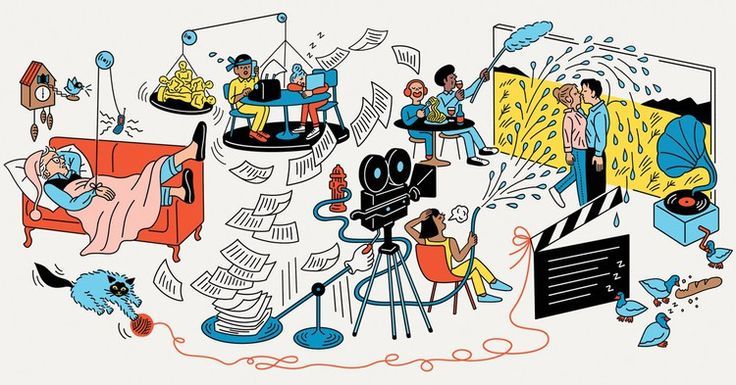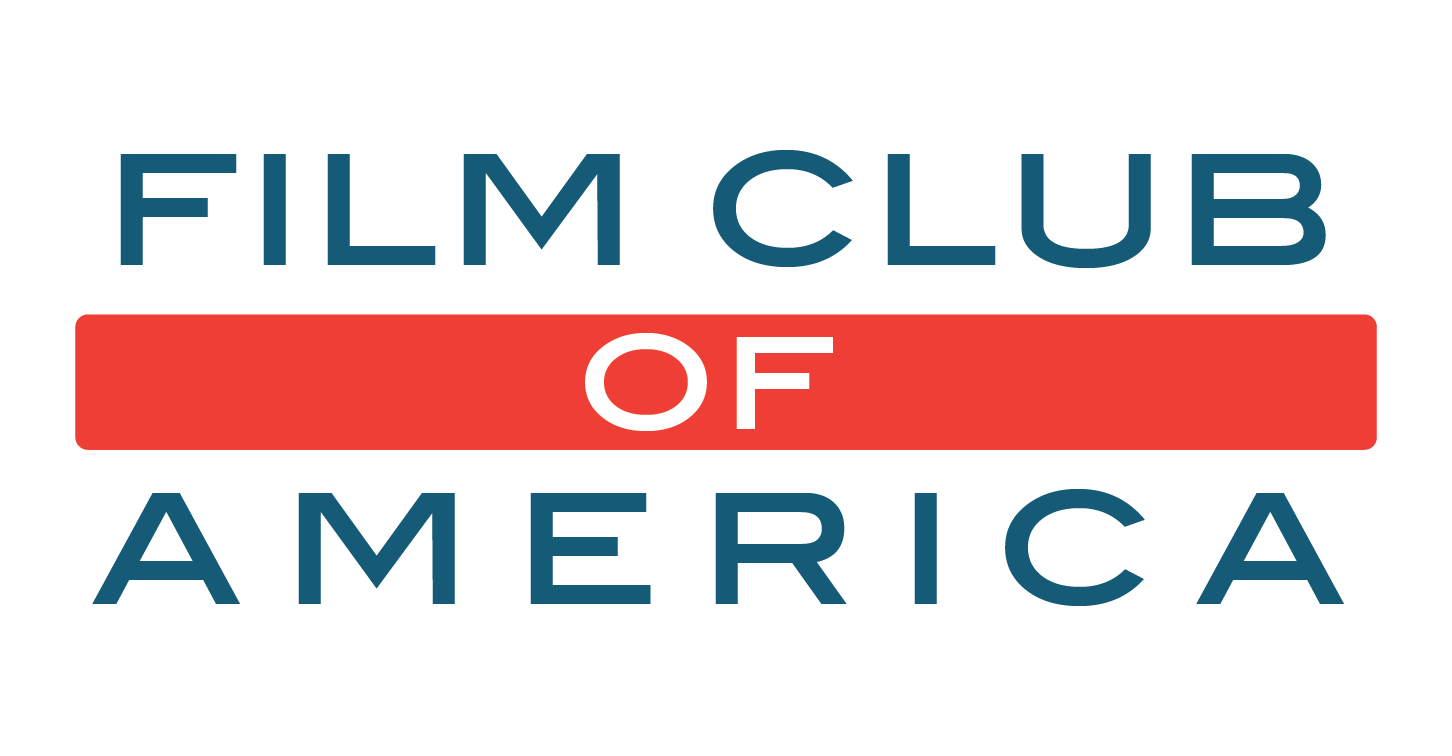Too much attention goes towards constructing narrative ideas and schemes. Although, great work can be produced by focusing on structure and character. You should find that much of your work as a raconteur should focus first on telling a great story, before you start to write a story.
Alas, we mean just that. Tell a story. Imagine for a minute that you are in a natural shelter, comfortably surrounded by your tribe. Feel the warmth of the fire and their attention. Listen to the syncopation of their breath. This is the same feeling your audience has at the cinema. Yet, so many filmmakers can’t feel the pulse of their stories, because they have never sharpened their communication skills.
Storytelling is in our nature
Humans are unique, in that we have an ability to be self aware. Moreover, we share ideas amongst each other. We also have the ingenious ability to create a historical record of our experiences on earth. Natural history has shown that our species has collected and stored stories for many millennia in our subconscious. So, stories are within the very fabric of what makes us human.
A Time magazine article, by Jeffrey Kluger, explores the idea that; storytelling is a powerful means of fostering social cooperation and teaching social norms, and it pays valuable dividends to the storytellers themselves, improving their chances of being chosen as social partners, receiving community support and even having healthy offspring.
Ironically, filmmakers shed their natural instinct and attempt to learn a manufactured system to be human. This usually leads to frustration.
No man is an island[…]
John Donne
We shamelessly dive deep into content, which helps us strive for specific norms and best practices. Evermore, we struggle to thrive in the training that never really captures the magic which makes stories work. Because, humans aren’t robotic. We don’t need quantitative data to achieve our goals.
We need experiences. What’s best is that these experiences don’t have to be lived by the individual. This is why stories work. They share experiences. But, the question is still how does one sharpen their toolset to tell effective stories? The kind that captivate an audience.
Express Thoughts and Feelings by Articulating Sound
It’s simple really. The answer lies in the question. You must make it a practice to, literally, tell your stories. Orate your ideas in front of your tribe. See where they are interested. Discover where the critic (audience) no longer finds value in the experiences you are sharing.
As you continue to verbally indulge your audience, you’ll learn what aspects of the story are tasteful. Moreover, you will know which are a load of dog-poo.

This is a simple, yet highly effective way of becoming a master story-teller. Because it forces you to sit down with your audience and engage them directly.
Sadly, you will not have the luxury of hiding behind a large projection screen or a computer. Use your natural instincts by; writing your ideas down, and share them with your tribe. Learn to orate.
Tell me a story, Then make me a movie
Once you feel comfortable vocalizing your narratives, like they are just apart of every day conversation. Then you will certainly know which ones are worthy enough to commit to and make into a movie.
So, tell me a story and then make me a movie is sound advice. This is so, because we are drawing from the communal experience and not the structural experience of cinematic aesthetics. Maybe this is why most movies stem from adaption. But that is a topic for another day.
Assignment
- Learn a good story
- Practice reciting it in front of a mirror or selfie-mode.
- Add or change parts to accentuate your version.
- Record your story on your mobile device.
- Post it on social media (hashtag – #fca #storytime #filmclubamerica)
- Tell it in person when asked, “What’s up?”
- Repeat.


One reply on “A simple way to write a better story.“